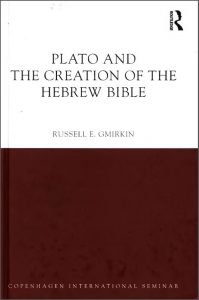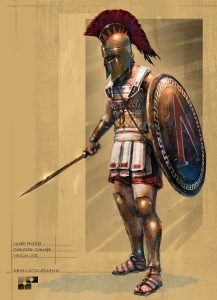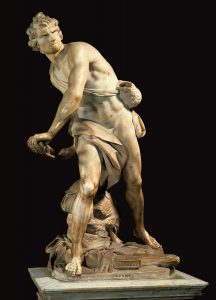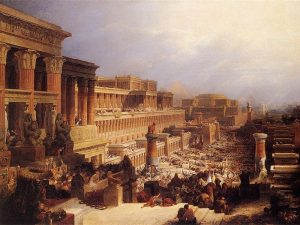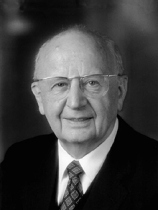I originally wrote the following as an introduction to my next post on Russell E. Gmirkin’s new book, Plato and the Creation of the Hebrew Bible. On reflection, it was too long to be part of a post addressing the book so here it is a separate introductory post instead.
Our historically conditioned deafness to oblique [and not so oblique] allusions in the Bible can sometimes lead us to doubt their very existence. — The New Moses (1993) p. 18
That was written by Dale C. Allison when he was arguing that the evangelist who composed what we know as the Gospel of Matthew was inspired by the story of Moses when he composed his particular Jesus figure. If it is difficult for many readers to accept that the figure of Moses was woven into the lineaments of Matthew’s Jesus, how much more difficult might it be to accept that much of the Pentateuch and other works in the Hebrew Bible/Old Testament were modeled on the literary, philosophical, political and cultural worlds of the Greeks?
If that sounds like too much to take in at first consider the following:
The Religious Tolerance website lists the following evidence for Mosaic authorship of the Pentateuch:
There are about two dozen verses in the Hebrew Scriptures and one dozen in the Christian Scriptures which state or strongly imply that Moses was the author. Consider the following passages from the New Living Translation (NLT):
- Passages in the Pentateuch itself:
- Exodus 17:14 “Then the Lord instructed Moses, ‘Write this down as a permanent record…‘”
- Exodus 24:4 “Then Moses carefully wrote down all the Lord’s instructions.”
- Exodus 34:27 “And the Lord said to Moses, ‘Write down all these instructions, for they represents the terms of my covenant with you and with Israel.‘”
- Leviticus 1:1 “The Lord called to Moses from the Tabernacle and said to him, ‘Give the following instructions to the Israelites…‘”
- Leviticus 6:8 “Then the Lord said to Moses, ‘Give Aaron and his sons the following instructions…‘”
- Deuteronomy 31:9 “So Moses wrote down this law and gave it to the priests.”
- Deuteronomy 31:24-26 “When Moses had finished writing down this entire body of law in a book…“
- Passages elsewhere in the Hebrew Scriptures:
- Joshua 1:7-8 “…Obey all the laws Moses gave you.“
- Joshua 8:31-34 “He followed the instructions that Moses the Lord’s servant had written in the Book of the Law…“
- Joshua 22:5 “…obey all the commands and the laws that Moses gave to you.“
- 2 Chronicles 34:14 “…Hilkiah the high priest…found the book of the Law of the Lord as it had been given through Moses.“
- Passages in the Gospels which show that Jesus and John the Baptizer believed Moses to be the author:
- Matthew 19:7-8 “…why did Moses say a man could merely write an official letter of divorce and send her away?”, they asked. Jesus replied, ‘Moses permitted divorce…‘”
- Matthew 22:24 “Moses said, ‘If a man dies without children…‘”
- Mark 7:10 “For instance, Moses gave you this law from God…“
- Mark 12:24 “…haven’t you ever read about this in the writings of Moses, in the story of the burning bush…“
- Luke 24:44 “…I told you that everything written about me by Moses and the prophets and in the Psalms must all come true.“
- John 1:17 “For the law was given through Moses…“
- John 5:46 “But if you had believed Moses, you would have believed me because he wrote about me. And since you don’t believe what he wrote, how will you believe what I say?“
- John 7:23 “…do it, so as not to break the law of Moses…“
- Passages elsewhere in the Christian Scriptures:
- Acts 26:22 “…I teach nothing except what the prophets and Moses said would happen…“
- Romans 10:5 “For Moses wrote…“
The earliest books of the Bible themselves tell us that they were written by Moses. See the side box for details. But we are not children so we do not blindly believe everything we read, although even children sometimes want to know how we know certain claims are true. The Book of Enoch testifies that it was written by the “seventh from Adam”/the great-grandfather of Noah and it was quoted faithfully in the New Testament (Jude 1:14 and elsewhere) as the true words of Enoch by the same kinds of people who believed Moses wrote the Pentateuch. The self-witness alone of any document or literature requires some form of independent testimony before we know how to interpret its historical value:
. . . . only in special cases does there exist a tradition about a given literary production independent of the self-witness of the literary production itself; and that the person who utilizes a literary-historical tradition must always first demonstrate its character as a historical document. General grounds of probability cannot take the place of this demonstration.
Those words are from an academic paper delivered in 1904 by E. Schwartz: cited in a 1991 chapter by Luise Abramowski titled “The ‘Memoirs of the Apostles’ in Justin” pp.331-332 published in “The Gospel and the Gospels” ed. Peter Stuhlmacher. If you want something more recent, try Philip R. Davies in his ground-breaking 1992 work, In Search of Ancient Israel. I have outlined his essence of his argument at The Bible – History or Story? Or if you don’t want to skip to another page then read on. Davies, himself a biblical historical critic, goes for the jugular of traditional biblical historical criticism when he writes of the circularity of its methods:
This circular process [that is, assuming a self witness of a document is true and then arguing the document is true on the basis of its self-witness] places the composition of the literature within the period of which the literature itself speaks. This is precisely how the period to which the biblical literature refers becomes also the time of composition, the ‘biblical period’, and the biblical literature, taken as a whole, becomes a contemporary witness to its own construct, reinforcing the initial assumption of a real historical matrix and giving impetus to an entire pseudo-scholarly exercise in fining the literature into a sequence of contexts which it has itself furnished! If either the historicity of the biblical construct or the actual date of composition of its literature were verified independently of each other, the circle could be broken. But since the methodological need for this procedure is overlooked, the circularity has continued to characterize an entire discipline—and render it invalid.
The panoply of historical-critical tools and methods used by biblical scholars relies for the most part on this basic circularity. (Davies, 1992, p. 37)
Anyone can write a story pretending its narrator really lived in a time long ago. This can be done for any number of reasons . . . Testing the claims of our sources is not hyper-scepticism: it is the most fundamental rule of historical inquiry.
In other words, anyone can write a story pretending its author really lived in a time long, long ago. This can be done for any number of reasons ranging from entertainment to philosophical or religious instruction. Every witness in a court of law is required to establish its credibility, first at the outset by pointing to verifiable independent external witness and/or then under cross-examination. That’s not “hyper-scepticism”. Testing our source documents is common sense and the most fundamental rule both of any form of detective work and historical inquiry. It is also fundamental to basic literary analysis and criticism.
Or even more recently, move forward to 2001 and Niels Peter Lemche’s chapter, “The Bible – A Hellenistic Book”, in Did Moses Speak Attic: Jewish Historiography and Scripture in the Hellenistic Era:
It seems obvious to most scholars that our estimate of the age of a certain book of the Old Testament must be founded on information contained in the book itself and not on other information, and the estimate should certainly not be based on the existence of a historical background that may never have existed. Although seemingly self-evident, this method is not without fault, and it may easily become an invitation to ‘tail-chasing’, to quote Philip R. Davies. By this we intend to say that the scholar may soon become entangled in a web of logically circular argumentation which is conveniently called the ‘hermeneutical circle’ . . . . Another point is that it is also supposed that the reading of a certain piece of literature will automatically persuade it to disclose its secrets — as if no other qualifications are needed.
The first point to discuss will be the circular argumentation that is based on a too close ‘reading’ of the biblical text. Here the first example will be the books of Samuel [containing the stories of Kings Saul and David]. Some assume that these books must be old simply because they say that they are old. The exegete who claims that the books of Samuel must perforce be old will . . . have to accept the claim of the books themselves by either rather naively assuming that Samuel could be the author (as the later Jewish tradition did proclaim) or by more sophisticated argumentation, for example, of the kind formerly often used to prove narratives like the ‘Succession Story’ to be old because only an eye-witness would have been acquainted with the particulars of the family of David.
How to escape this circularity?
In order to escape from the trap created by this circular method of argumentation and the rather naive understanding of the biblical text that lies at the bottom of such claims, it will be necessary to go further and find arguments not necessarily part of the biblical text itself but coming from other sources. Such information alone will be able to disclose to the reader that the books of Samuel were composed, not at the moment when Israel got its first king, but at a much later date. (pp. 292-94, my emphasis)
Scientific procedure or its reverse?
Although it has become a standing procedure in the study of the Old Testament [Gospels] to begin where we know the least and to end at the point where we have safe information in order to explain what is certain by reasons uncertain and from an unknown past, it is obvious to almost everybody else that this procedure has no claim to be called scientific. We should rather and as a matter of course start where we are best informed. Only from this vantage should we try to penetrate into the unknown past. (p. 294, my emphasis)
The Book of Daniel likewise claims to set in the time of the Babylonian empire but few critical scholars, I believe, would accept this narrative claim at face value. No doubt that’s mostly because this book gives the game away too easily by making prophecies that can be followed in our history books right up to the third century BCE. (There are historical anomalies that also betray the fiction, but alone I suspect that those anomalies would be “less persuasive” for many.)
So after the above preliminaries hopefully those for whom the idea that even the Pentateuch and other books in the Old Testament could possibly be late Hellenistic works appears to be outlandishly novel are a little more amenable at least to its possibility. I have presented aspects of the opening chapters of Russell Gmirkin’s Plato and the Creation of the Hebrew Bible in previous posts; one more will follow soon.
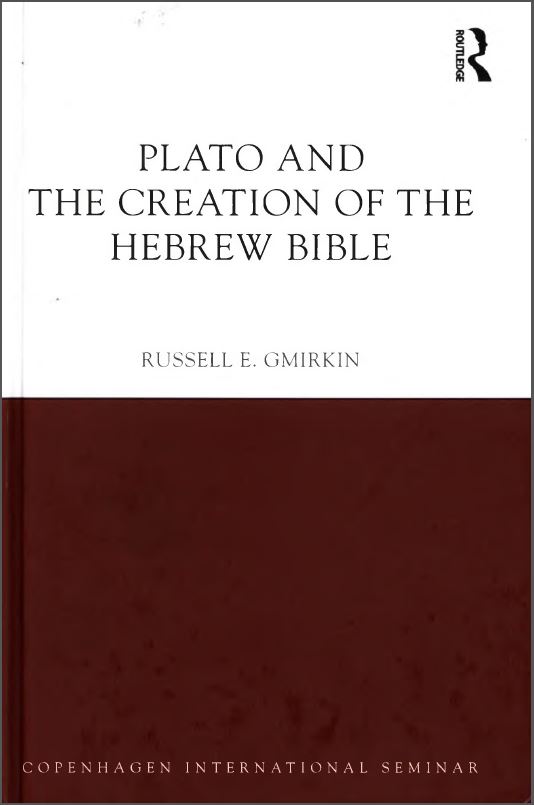
Like this:
Like Loading...
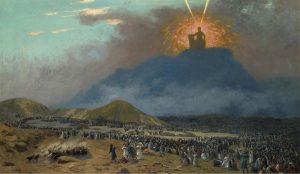 Even ancient scribes had problems with some of the laws that were decreed from the mouth of the Almighty himself. Take the commandment against idolatry thundered from Mount Sinai:
Even ancient scribes had problems with some of the laws that were decreed from the mouth of the Almighty himself. Take the commandment against idolatry thundered from Mount Sinai:

